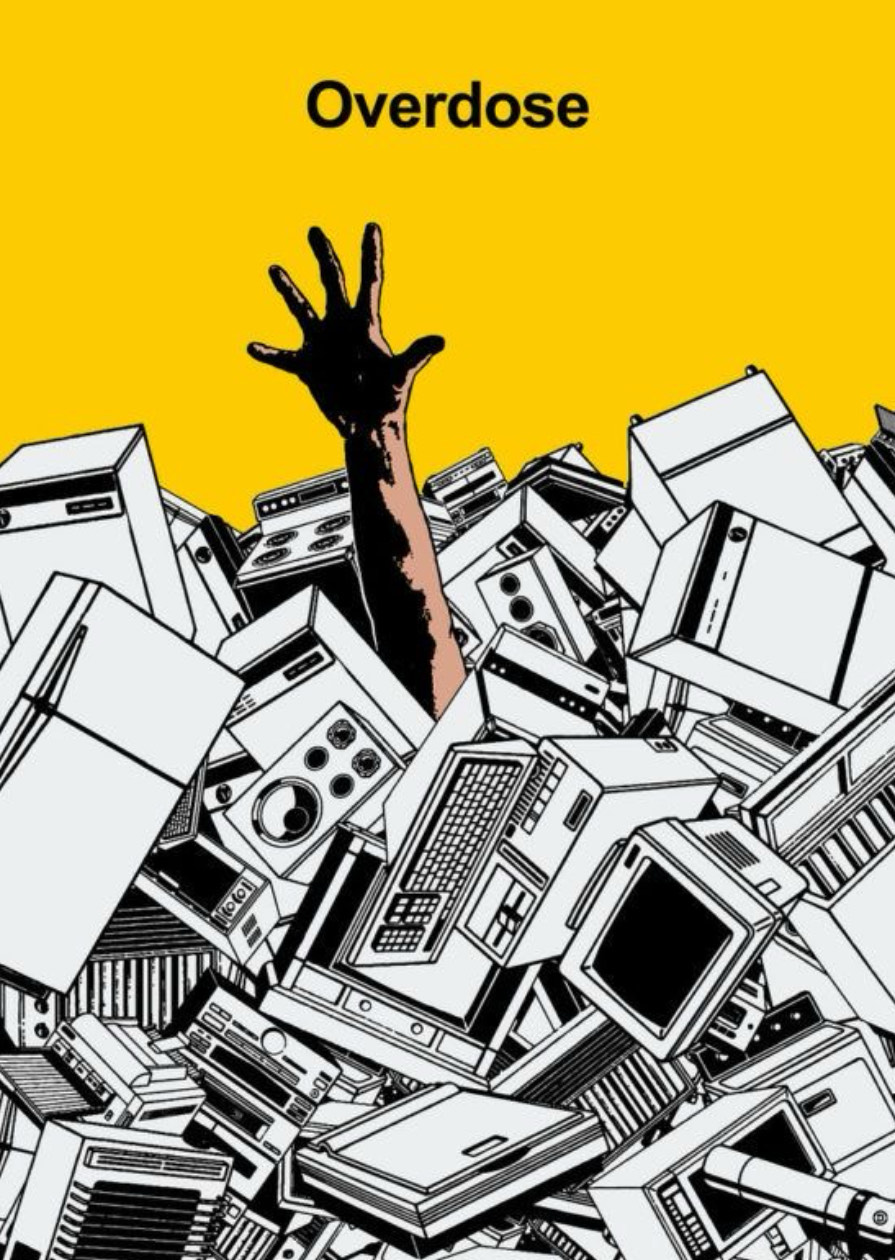It is no secret that most of the content popping up on our screens today is meticulously chosen by tracking our use of the internet and the data that results from it. That is to say that everything that you’ve ever clicked on using your credentials has been stored on the internet to formulate your personal preference, which can then be used by other sites on the World Wide Web to put you in contact with other things that may be relevant to you.
When we put it like this, the algorithmic nature of the internet sounds helpful. We can almost go as far as to say that we have acquired an intelligent agent that helps us navigate the infinite amount of information and possibilities residing just a few taps away. Without it, the internet would not seem half as intuitive as it is today.
Algorithms and Academia; An Analysis:
I am often at odds with the shape that academia has taken. The field seems to have progressed (or regressed) beyond the fostering of a love for knowledge. Scholarship opportunities try to gauge the success that you can bring to the workplace, forgetting their purpose of increasing academic accessibility and highlighting brilliance. We no longer hear of environments like those of Vienna, where Freud would have his coffee in the same cafes as the greatest minds of his time, as they relaxed and enjoyed each other’s company.
While that is a topic for another day, the point here is that while those systemic issues exist, an internal problem has also surfaced with time. Today, there is an air of panic about why the students of this age cannot read and do not seem to want to either. I can personally testify; they absolutely loathe having to read and understand academic texts. With that alarming problem on the rise, I’d like to highlight something that is arguably more pressing and possibly related.
A teacher taught us an entire course using ChatGPT. She would copy and paste the book into the AI chatbot and then teach the AI summaries to the student body. When the exams came around, the students proceeded to answer the questions using the information that they had learned from the book. She then refused to mark any of the answers not directly copied from the slides that she had provided, as she could not verify them. As this example clearly demonstrates, the students are not the only ones at fault.
The question arising here is, why can we not employ our own reading capability and comprehension skills? Why is it so difficult for the students to come up with their own answers, and why, pray tell, did I consider consulting ChatGPT for the title of this piece?
 Academia and the Rise of Materialism:
Academia and the Rise of Materialism:
Detour, but I’m reading about Freud, Halsted and the environment in which Freud received his medical education in Vienna. It emphasized on the thriving academic enthusiasm and community meeting places where artists and scientists conversed, and through those conversations, inspired each other. They simply found stimulation through their surroundings rather than the internet.
Our way of life today has been engineered based on relevance. This relevance is not an objective truth, but rather it is based on a mix of popular and individual preferences. The accumulation of human knowledge has always been employed to improve human life. Life has never been easier, and yet the environment that these great minds were provided with naturally is seldom found in the current fast-paced atmosphere.
People are not Dumb, They are Made So.
 Both of these books explore the way we went from using the newspaper and books to using the telly today.
Both of these books explore the way we went from using the newspaper and books to using the telly today.
“If you’re not paying for something, you’re not the customer; you’re the product being sold.” —Andrew Lewis, under the alias Blue_beetle, on the website MetaFilter
This is the opening quote of chapter one of The Filter Bubble. It discusses how we transitioned from a few channels on the TV to countless outlets. It further talks about how when the TV had just started out, the minds behind tech postulated that instead of volume, brightness, and the channel being the only things in a consumer’s control, the content should be decided by them as well.
The algorithms today are a well-established concept that almost everyone is accustomed to, even reliant upon. Some of us haven’t experienced the internet without this concept. How long did it take for us to become dependent on social media?
When newspapers were the norm, different sections of the paper appealed to different people—but it was always the paper and its writers that were in charge of the content. The popular topics could later be gauged to understand what would capture the audience more, but the reliance on the paper ensured viewership because no alternative was available.
The Internet, coupled with the algorithms, has changed that tide. The creator is not the point of reliance anymore. This is where the algorithms cease to be helpful. The creators lose the liberty towards their art, and the audience moves from choosing creator-produced content to becoming the very machine that determines it.
“Indeed, I hope to persuade you that the decline of a print-based epistemology and the accompanying rise of a television-based epistemology have had grave consequences for public life, that we are getting sillier by the minute.”
⁃ Amusing Ourselves to Death













